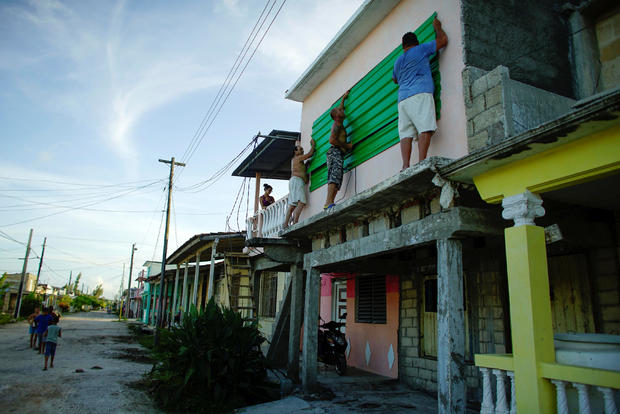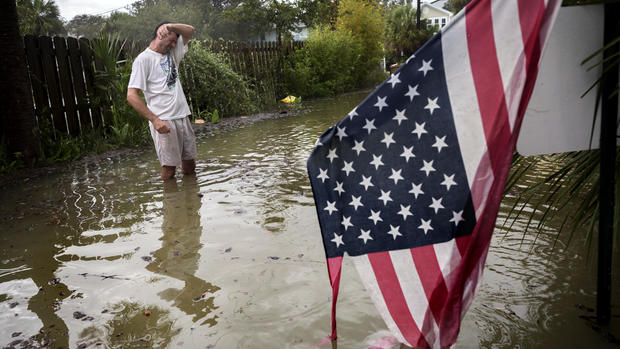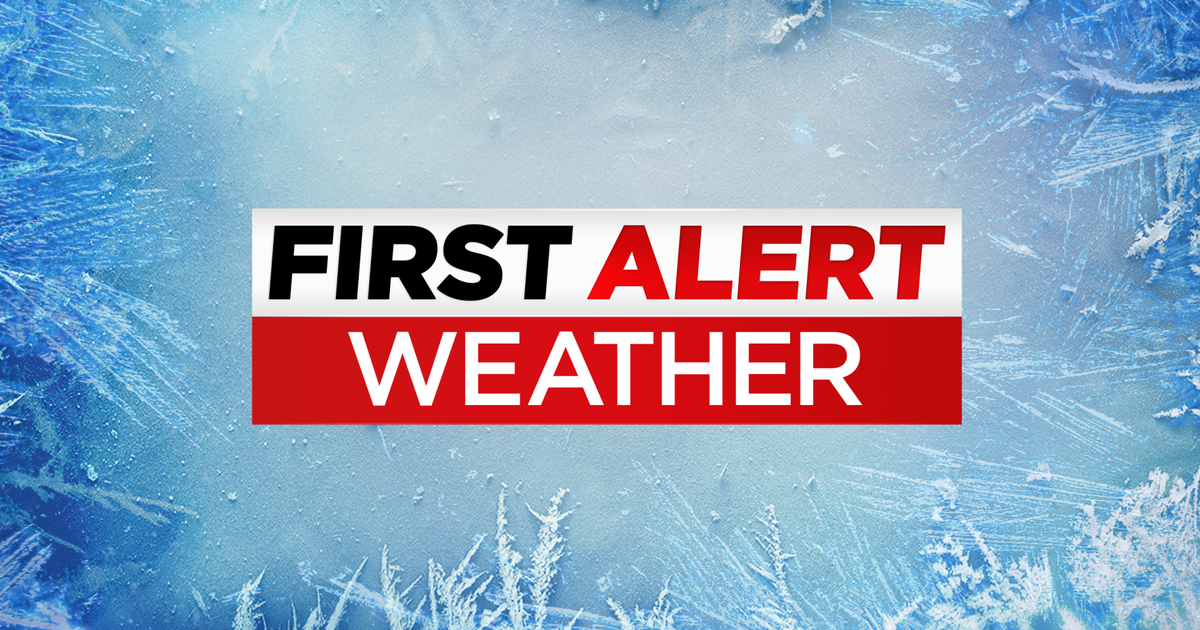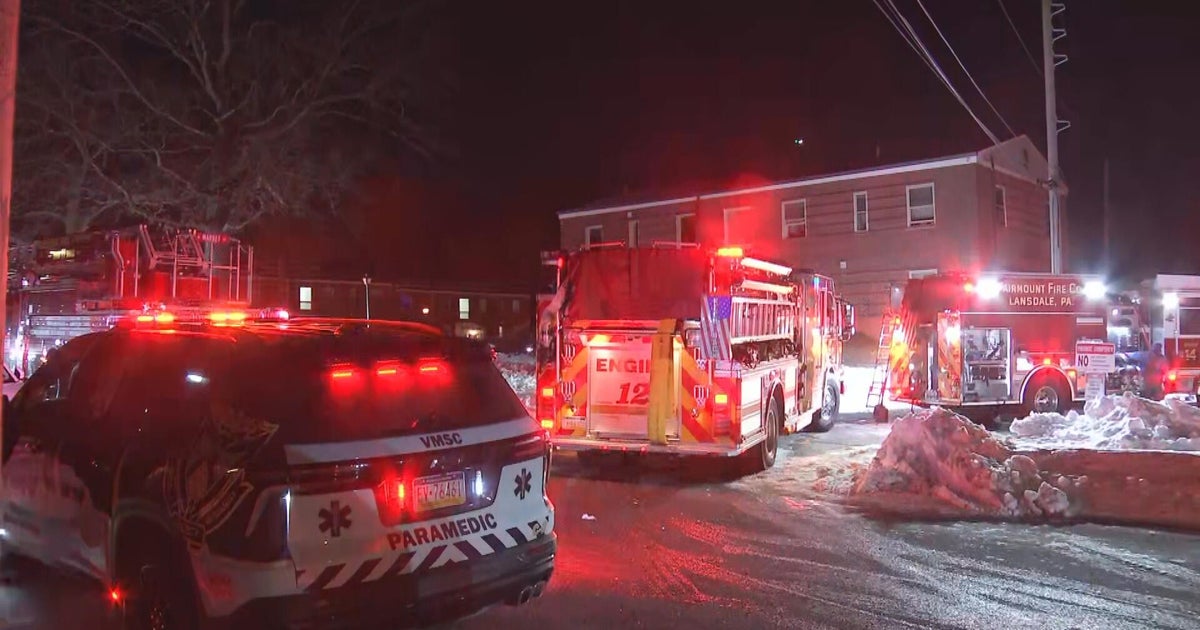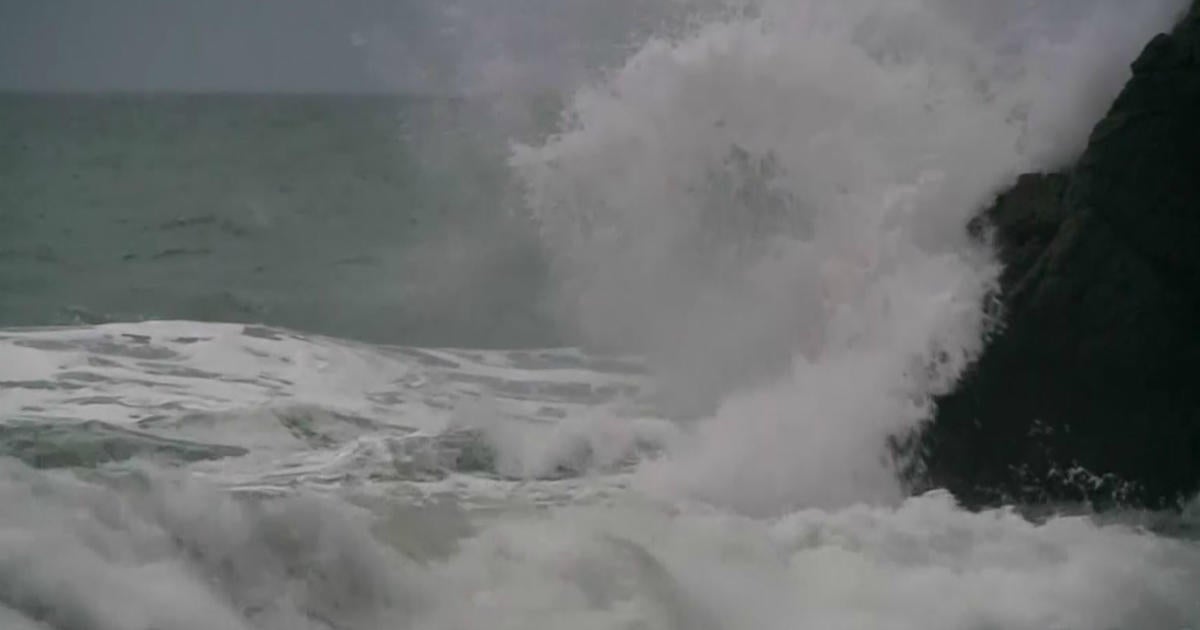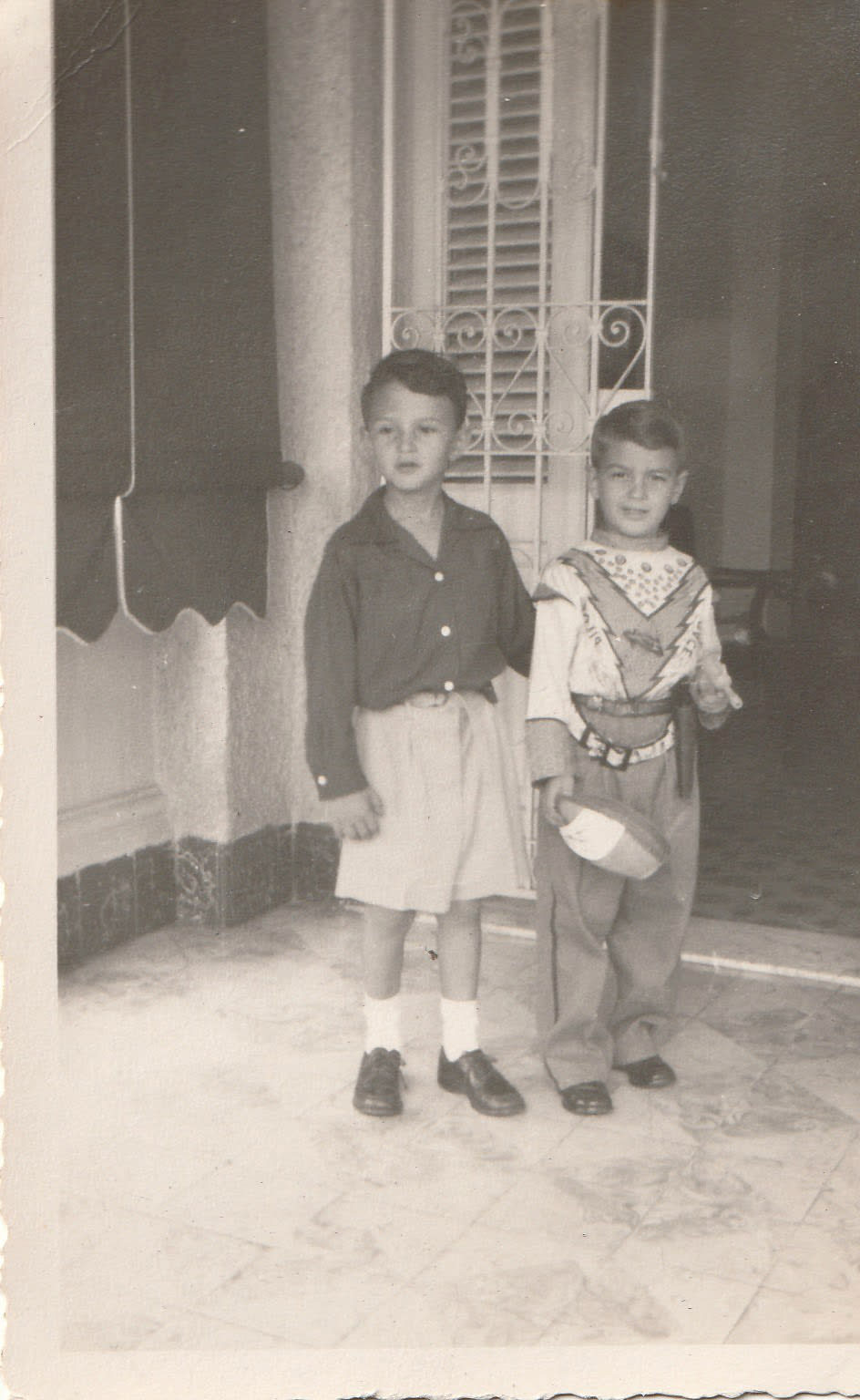Cuba prepares for destructive power of Hurricane Irma
Cuba is quickly gearing up face the destructive power of Hurricane Irma in eastern and central Cuba, CBS News' Portia Siegelbaum reports.
Civil Defense authorities and the local media is warning that the first rain and wind from Irma's outermost bands could hit in the early hours of Friday at Punto Maisi, Guantanamo, Cuba's easternmost point.
As of late Thursday, the National Hurricane Center (NHC) had issued a hurricane warning for the provinces of Camaguey, Ciego de Avila, Sancti Spiritus, and Villa Clara. The core of the hurricane is expected to move between the north coast of Cuba and the Bahamas, the NHC said.
People were also warned not to be lulled by the apparent position of Irma, instead stressing the size of the storm and recalling that in 2008, Category 4 Hurricane Ike passed north of the extreme eastern town of Baracoa in Guantanamo province. The storm surge and heavy rain totally flooded the city with waves topping apartment buildings along the shore.
Cuba normally gears up quickly for storms with constant advisories on TV and radio urging people to prepare. The Civil Defense, run by a general and the military, jumps into action to evacuate people and animals from low-lying areas, to move food supplies to higher ground, harvest crops quickly and distribute the monthly food rations to people before the storm hits.
Unlike in the U.S., people do not have generators in their homes. On the rare occasion when they appear in a shop, their cost is astronomic. There is no Home Depot where they can buy plywood to secure their windows, no impact glass, no place where they can fill sand bags. It's hard and expensive to stock up on bottled water and foodstuff that doesn't need refrigeration or cooking.
The government cuts electricity and cooking gas supplies when the storm hits to prevent fires and damages. A hurricane means no lights, no fans (and its hot here), no cooking, possibly no water at all, spoiled food (most people only have small refrigerator freezers, unusual to have a large standalone freezer).
For the most part people, don't have vehicles or boats of any size or shape so for evacuations and rescues they are completely dependent on Civil defense forces. But again, here the government usually gets people out before their areas are flooded using trucks and buses provided by the state.
A big issue for the whole island, even if Irma doesn't make landfall and skirts Cuba, will be the destruction of crops. Three hurricanes that tore through the island in 2008 left the markets totally empty. Basic crops like plantains, a mainstay of the Cuban diet, were destroyed -- and Irma can be expected to flatten the fields as it skims by.
Additionally, Cuba is in an economic crunch right now and has greatly reduced its food imports -- empty grocery shelves are not due to people stocking up for the storm but a fact of daily life -- so crop damage would be a major setback.
The other critical area is housing: There is already an enormous housing shortage here and a large portion of the dwellings are in poor or terrible condition. A heavy rainfall followed by a sunny day is enough to cause buildings in Havana to collapse. The rain and winds of a Category 4 or 5 storm would be devastating. And no one here has house insurance of any type. Cubans are totally dependent on what the government can provide them with to replace everything from a roof over their head to mattresses and rice pots.
Civil Defense officials are urging people living in low-lying areas or precarious housing to move into the homes of friends or relatives who live on higher ground and in better housing. Although they insist that the will be opening government building as shelters stocked with food and staffed with medical personnel. Traditionally a majority of Cubans evacuated during a hurricane chose to go to the home of someone they know rather than to a public shelter.
The government began yesterday to evacuate tourists by air, particularly thousands of Canadians, vacationing in the Jardines del Rey, keys off the northern coast of Cuba.
Train and bus service to central and eastern Cuba has been suspended.
Cuban TV has announced that it will begin 24 hour coverage of the impact of Hurricane Irma as of 11 p.m. tonight.
In the meantime, there are blue skies and sunshine throughout the island. And no compelling images of evacuations or preparations on local TV, although evacuations taking place in the extreme eastern portion.
